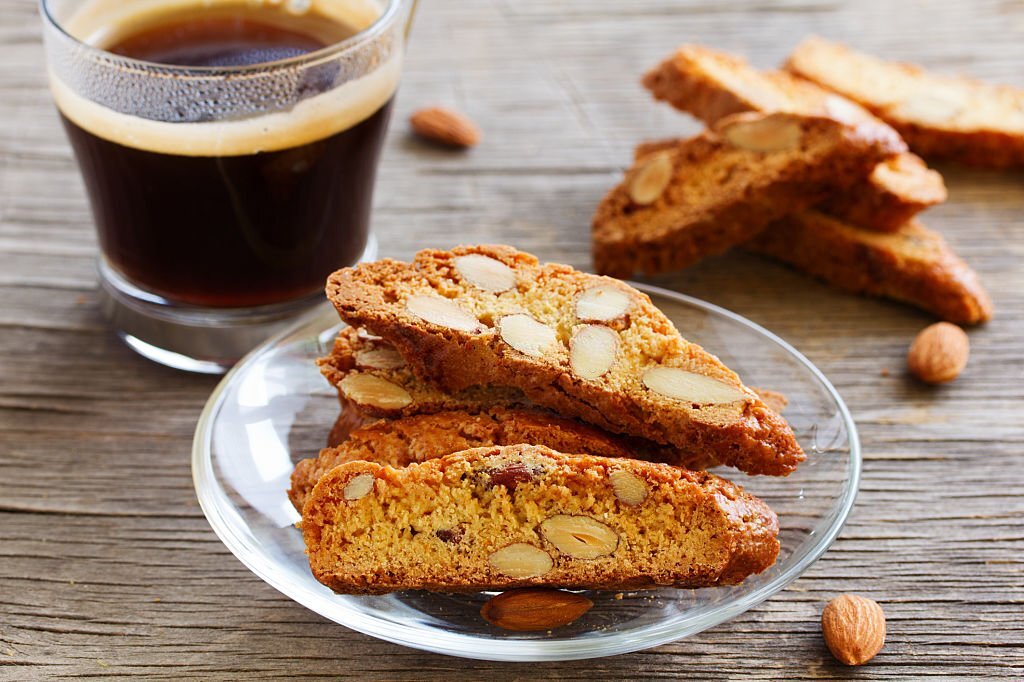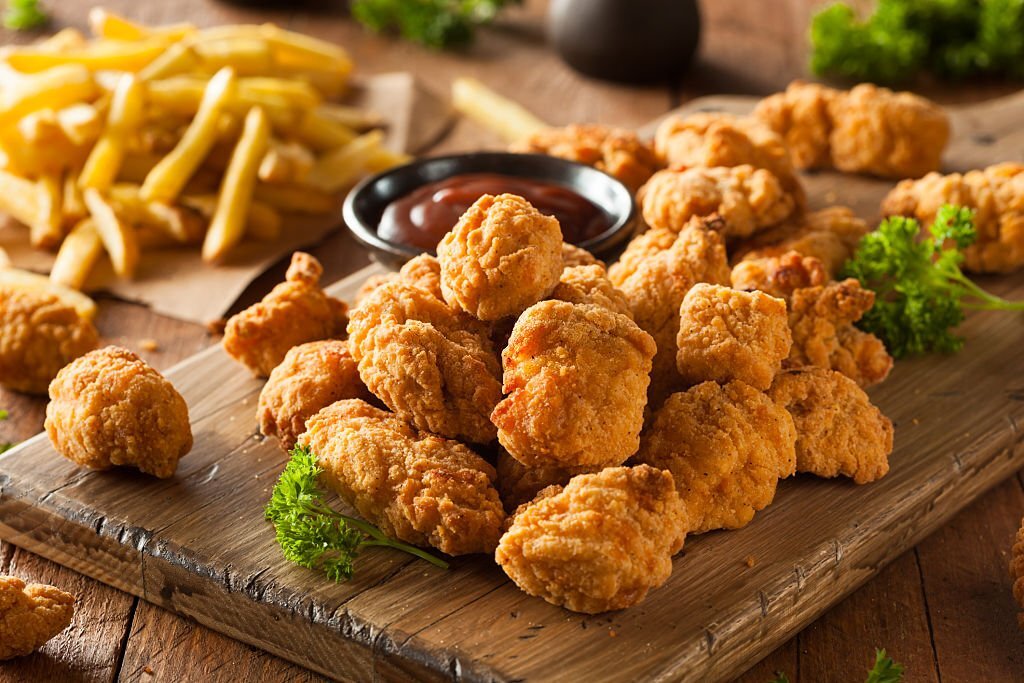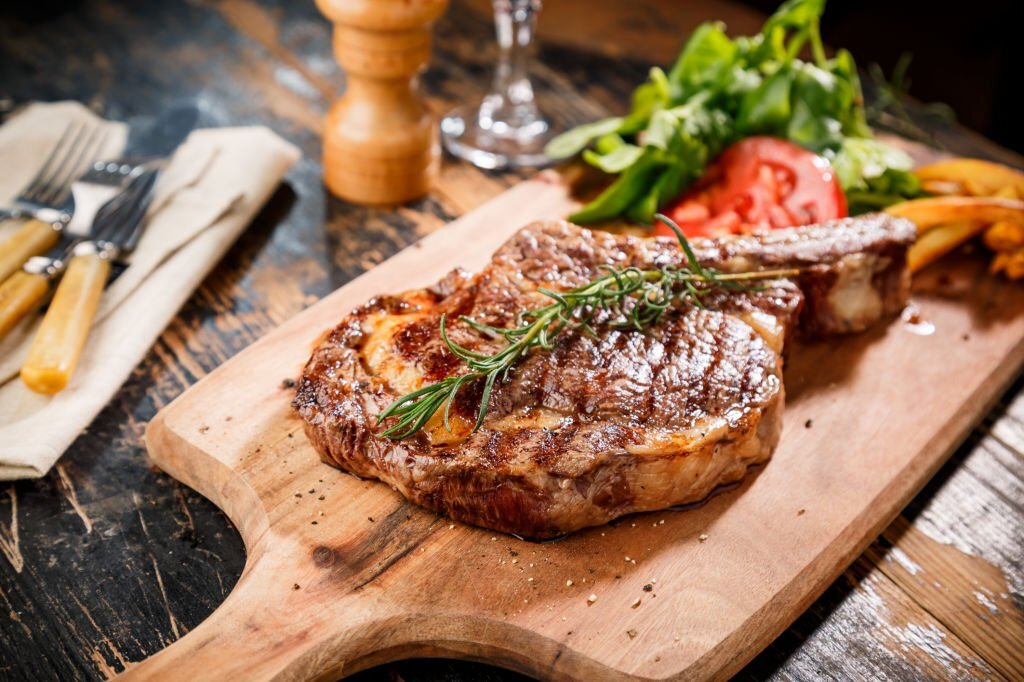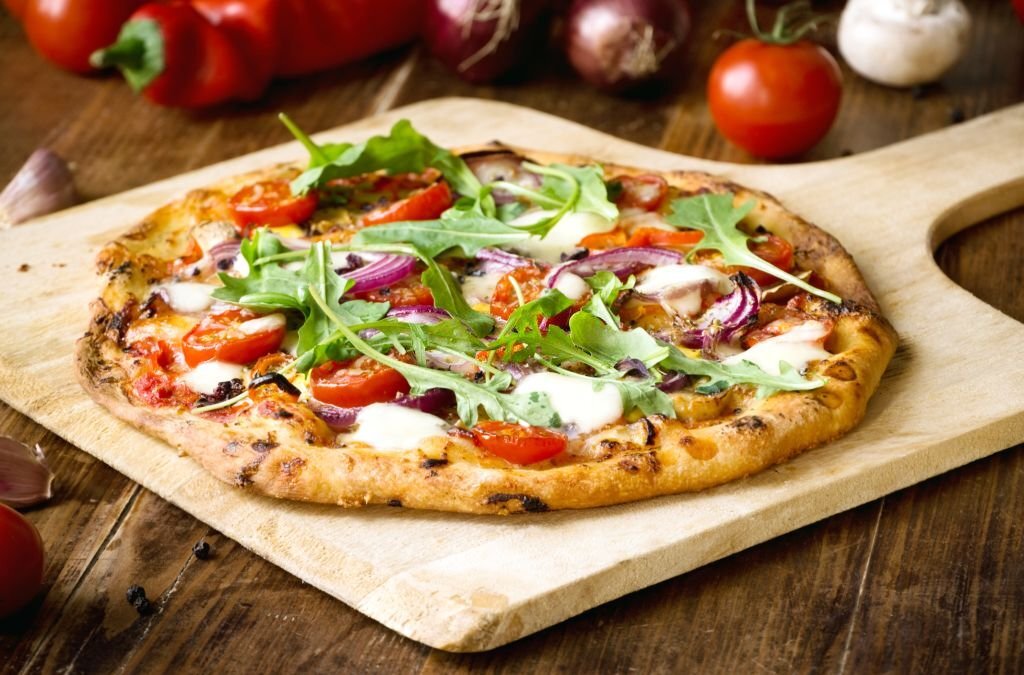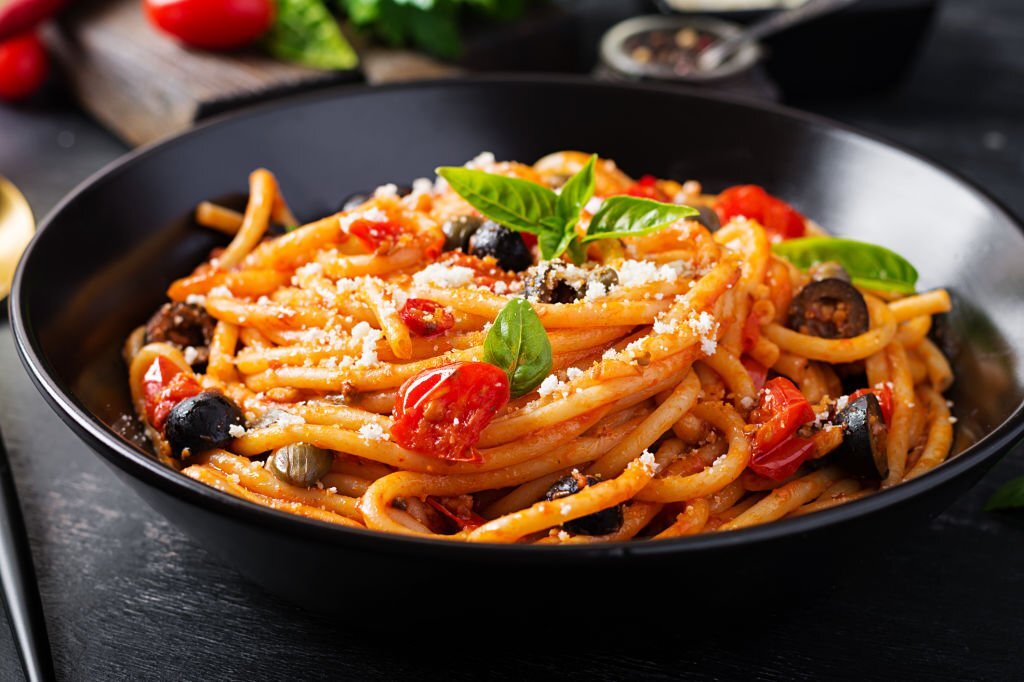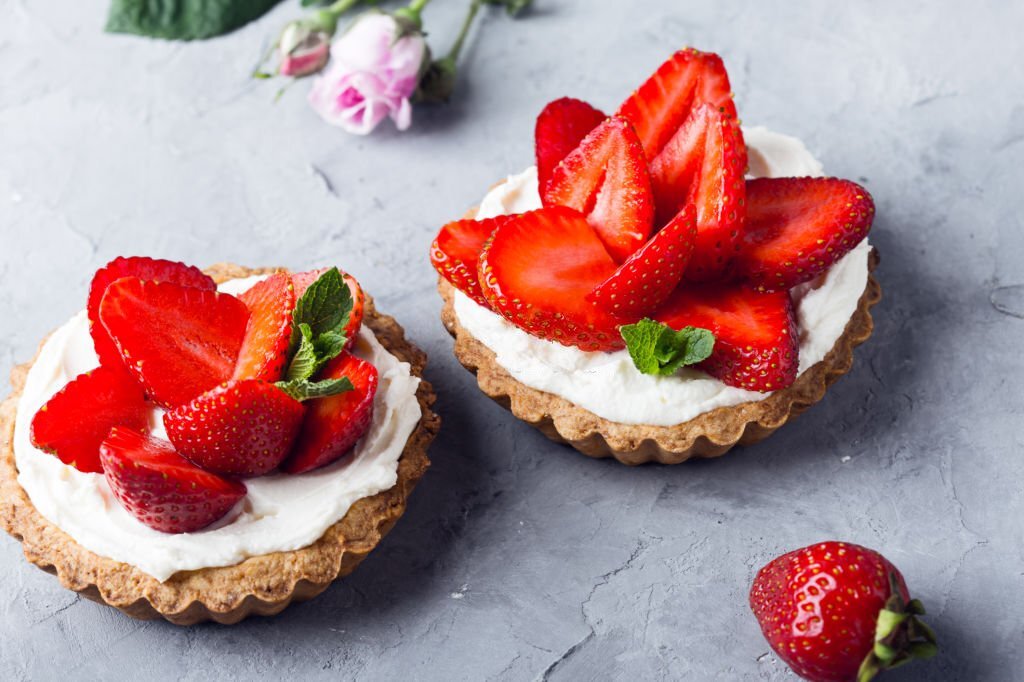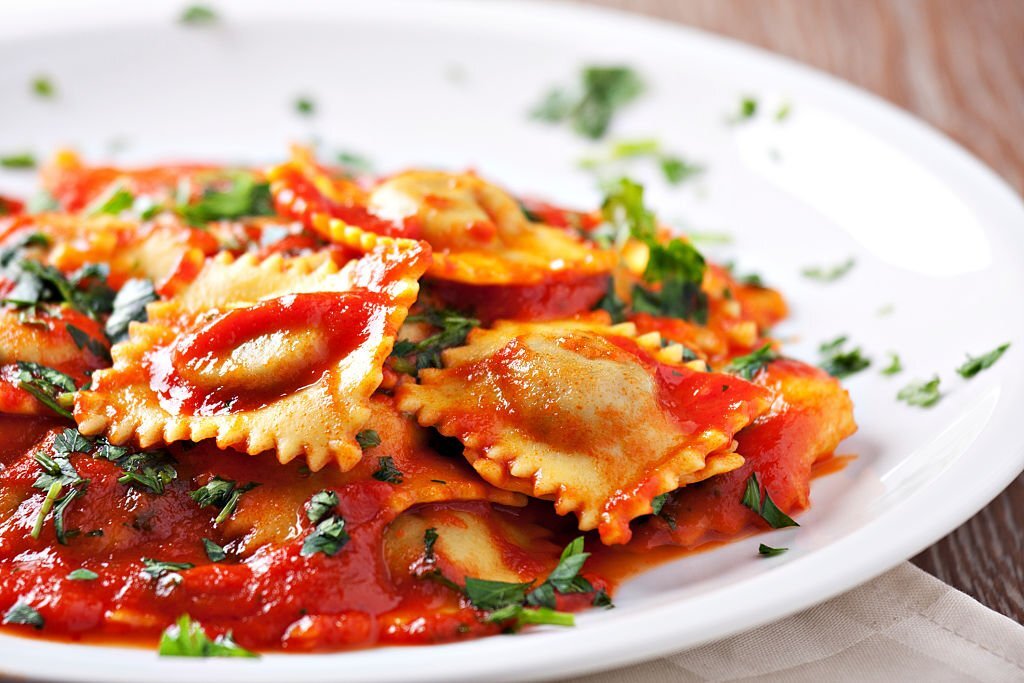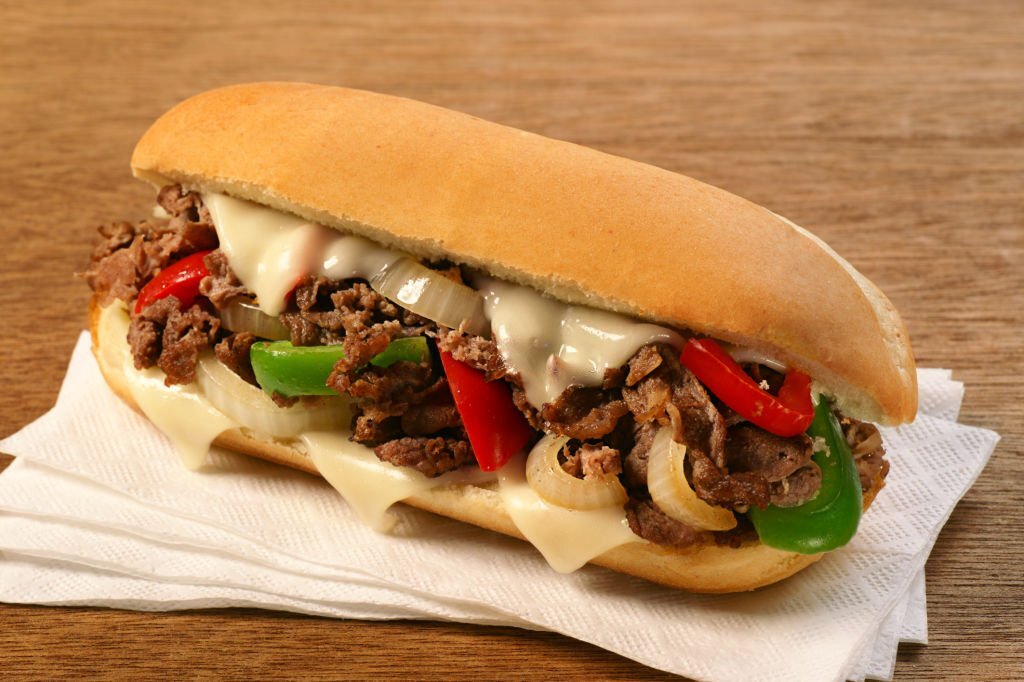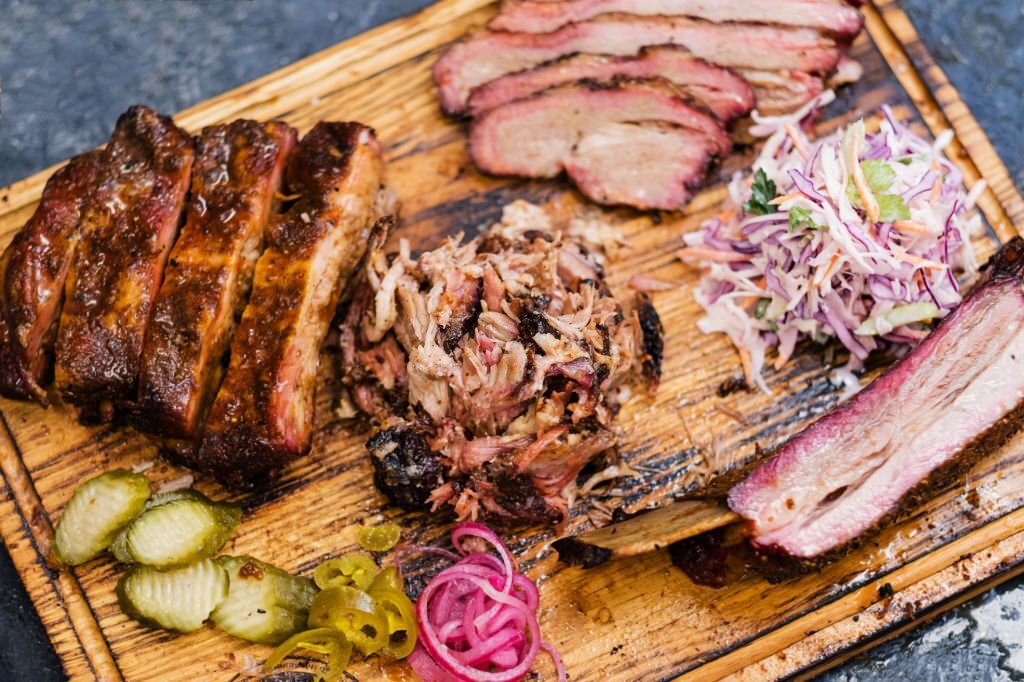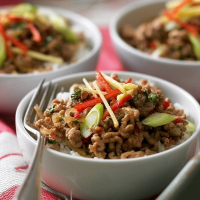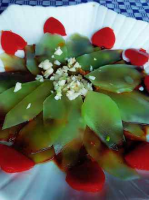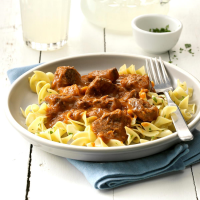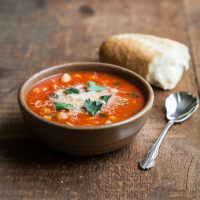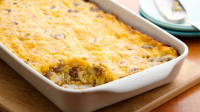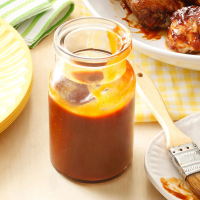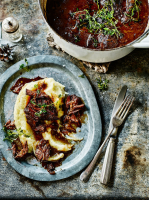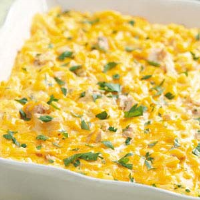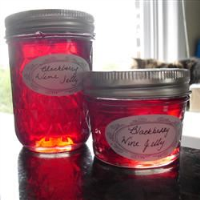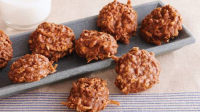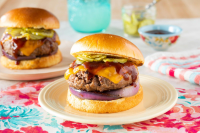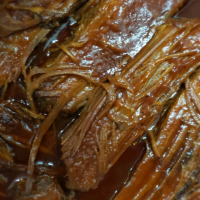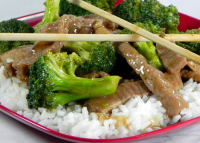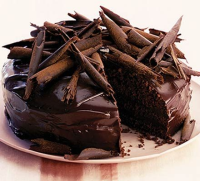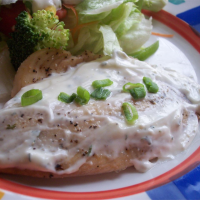More about "why does pie crust shrink recipes"
WHY DO MY PIE CRUSTS SHRINK? | KING ARTHUR BAKING
Watch and learn some new tips for rolling out, chilling, and more! Learn more pie skills. YouTube. King Arthur Baking Company. 79.3K subscribers. Subscribe. Why Do My Pie Crusts Shrink? - Pie Q&A with Kate McDermott. Watch later.
From kingarthurbaking.com
From kingarthurbaking.com
See details
5 REASONS YOUR PIE CRUST SHRANK | KITCHN
From thekitchn.com
See details
HOW TO KEEP PIE CRUST FROM SHRINKING - GIMME SOME OVEN
From gimmesomeoven.com
See details
WHY DO PIE CRUSTS SHRINK? – JOE PASTRY
Nov 10, 2011 · Which means the crust will shrink. So how to combat the curse of elastic gluten? Answer: with sustained pressure. Steady pressure eventually causes the taught networks of molecules to break. A rolled sheet of pie dough looks pretty relaxed just sitting there.
From joepastry.com
From joepastry.com
See details
TROUBLESHOOTING PIE CRUST SHRINKAGE | BAKER BETTIE
From bakerbettie.com
See details
HOW TO PREVENT SHRINKING PIE CRUSTS - ARTICLE - FINECOOKING
Jan 01, 2003 · If they’re heated more gently, they shrink less.” Other factors that can cause shrinkage are overhandling the dough and not chilling the dough sufficiently before baking. To avoid shrinking crusts, use a metal or unglazed ceramic pie plate (available from The Pampered Chef) and blind bake the dough at 350°F. If you only have glass pie plates, you can still blind bake the crust.
From finecooking.com
From finecooking.com
See details
WHY DOES MY PIE FILLING SEPARATE FROM THE CRUST? - BROKEN ...
Dec 19, 2021 · A pumpkin or custard pie filling separates from the crust due to shrinkage. This is a normal part of the cooling process. The fact is, all baked goods shrink as they cool due to the evaporation of moisture during baking. In a pie, the filling and crust are shrinking in opposite directions. How do you … Why Does My Pie Filling Separate From The Crust? Read More »
From brokenbarrelwoodlands.com
From brokenbarrelwoodlands.com
See details
CHRISTOPHER KIMBALL’S SECRET TO NO-SHRINK PIE DOUGH ...
Nov 12, 2018 · There are lots of reasons this could happen – oven temperature is too low or too high, the dough has been overworked or is too warm – and there are plenty of tricks to supposedly prevent this (special pans, pie weights, beans, freezing the crust, and so on), but even so the crust often shrinks and becomes cracked and craggy.
From blog.williams-sonoma.com
From blog.williams-sonoma.com
See details
WHY DO PIE CRUSTS SHRINK? – JOE PASTRY
Nov 10, 2011 · Why do pie crusts shrink? That’s from reader Paul. It’s an often-asked question and one you can’t talk about enough, in my opinion. The one word answer to the question is: gluten. Gluten is a catch-all word for the various proteins found in flour. A great blessing to the bread baker, they’re frequently a curse for the pastry maker.
From joepastry.com
From joepastry.com
See details
WHY DOES PIECRUST SHRINK - FOOD52
Apr 24, 2013 · Pie crust shrinks because the gluten contracts during baking. Keeping ingredients cool, mixing briefly and quickly, and proper resting and chilling will minimize shrinkage, but it won't eliminate it. Some sweeter doughs in which softened butter is completely blended into the dry ingredients don't shrink as much because fat inhibits gluten ...
From food52.com
From food52.com
See details
HOW TO PREVENT SHRINKING PIE CRUSTS - ARTICLE - FINECOOKING
To avoid shrinking crusts, use a metal or unglazed ceramic pie plate (available from The Pampered Chef) and blind bake the dough at 350°F. If you only have glass pie plates, you can still blind bake the crust. Just be sure to trim the dough a tad beyond the rim of the pie pan, perhaps 1/8 inch.
From finecooking.com
From finecooking.com
See details
WHY DOES MY PIE FILLING SEPARATE FROM THE CRUST? - BROKEN ...
Dec 19, 2021 · A pumpkin or custard pie filling separates from the crust due to shrinkage. This is a normal part of the cooling process. The fact is, all baked goods shrink as they cool due to the evaporation of moisture during baking. In a pie, the filling and crust are shrinking in opposite directions. How do you … Why Does My Pie Filling Separate From The Crust? Read More »
From brokenbarrelwoodlands.com
From brokenbarrelwoodlands.com
See details
WHY HAS MY PASTRY SHRINK DURING COOKING? - I FORGOT ITS ...
If you only have glass pie plates, you can still blind bake the crust. Just be sure to trim the dough a tad beyond the rim of the pie pan, perhaps 1/8 inch. Why did my short crust pastry shrink? Shortcrust pastry (pie crust) shrinks when baked as the glutens in the flour tend to contract in the heat of the oven.
From iforgotitswednesday.com
From iforgotitswednesday.com
See details
NO MORE SHRINKAGE: 4 TIPS FOR BLIND BAKING PIE CRUST | KITCHN
Jun 02, 2011 · Fold the edges of your dough under. The thicker your dough is around the lip of the pie plate, the less likely it is to shrink and pull down the sides. For maximum thickness, after fitting the dough into the plate, cut off the excess, leaving an overhang of about ¾ inch (2 cm). Fold this under, using the scraps to patch any thin areas, and crimp.
From thekitchn.com
From thekitchn.com
See details
WHY DOES MY PIE CRUST SHRINK IN THE OVEN BEFORE I PUT IN ...
Answer (1 of 19): What is causing your pie dough to shrink is the gluten in the flour. It is tough and elastic, much like rubber bands. It’s simple to make, assuming you have a few dozen hyperactive students. When I taught high school, I’d mix some flour and water together into a ball and show t...
From quora.com
From quora.com
See details
HOW TO PREVENT THE GAP IN PIE CRUST | KING ARTHUR BAKING
Sep 13, 2017 · Good rule of thumb: for a tender, flaky pie crust, use more fat than water (by weight). If your recipe calls for, say, 6 tablespoons (3 ounces) butter and 1/2 cup (4 ounces) water, beware: a tougher crust is in the offing. Two of my favorite more-fat-than-water crusts are Classic Double Pie Crust, and All-Butter Pie Crust. 3. Roll sparingly
From kingarthurbaking.com
From kingarthurbaking.com
See details
WHY DOES PIE MERINGUE SHRINK? - HOME COOKING - MERINGUE ...
Oct 24, 2009 · two things that will prevent the shrinkage/separation: - make sure you put the meringue on the pie when the filling is still hot, so that the residual heat can start cooking the base of the meringue, which will discourage shrinking. - when you mound it onto the pie, be sure to seal it completely against the crust - use your spatula to spread ...
From chowhound.com
From chowhound.com
See details
HOW TO KEEP BAKED MERINGUE FROM SHRINKING AWAY FROM PIE CRUST?
When making pies like chocolate cream pie or lemon pie and topping them with meringue, after baking said meringue it inevitably shrinks and pulls away from the pie crust, in cases becoming somewhat loose over the pie filling. These pies are using unbaked filling, in that I'm pre-baking the crust and then adding the filling afterwards (for ...
From cooking.stackexchange.com
From cooking.stackexchange.com
See details
HOW DO YOU BAKE ONE PIE CRUST WITHOUT IT SHRINKING?
Jul 25, 2020 · To avoid shrinking crusts, use a metal or unglazed ceramic pie plate (available from The Pampered Chef) and blind bake the dough at 350°F. If you only have glass pie plates, you can still blind bake the crust. Just be sure to trim the dough a tad beyond the rim of the pie pan, perhaps 1/8 inch.
From dailydelish.us
From dailydelish.us
See details
WHY AND WHEN TO PRE-BAKE YOUR PIE CRUST | IMPERIAL SUGAR
Pre-baking, or blind baking, is a process in which pie dough is placed into its pan and baked in the oven prior to filling. Pre-baking keeps the rising steam from puffing up the layers of crust during baking. In this method, a barrier (like parchment paper or tin foil) is placed over the soft dough and filled with about a pound and a half of ...
From imperialsugar.com
From imperialsugar.com
See details
PRE BAKE BOTTOM PIE CRUST - ALL INFORMATION ABOUT HEALTHY ...
Line the crust with foil, parchment, or a paper coffee filter. Fill it about two-thirds full with dried beans, uncooked rice (or other uncooked grain berries), pie weights, or granulated sugar. Bake the crust in a preheated 375°F oven for 20 minutes, set on a baking stone or steel if you have one.
From therecipes.info
From therecipes.info
See details
WHY IS MY BREAD DOUGHY - ALL INFORMATION ABOUT HEALTHY ...
Why Is My Bread So Doughy? Here's What You Can Do About It ... best www.foodtoimpress.com. The most common cause of doughy bread is when it's undercooked. This is likely due to it not being baked for long enough. Using an oven heat that's too high can make bread appear baked through even if it isn't.
From therecipes.info
From therecipes.info
See details





